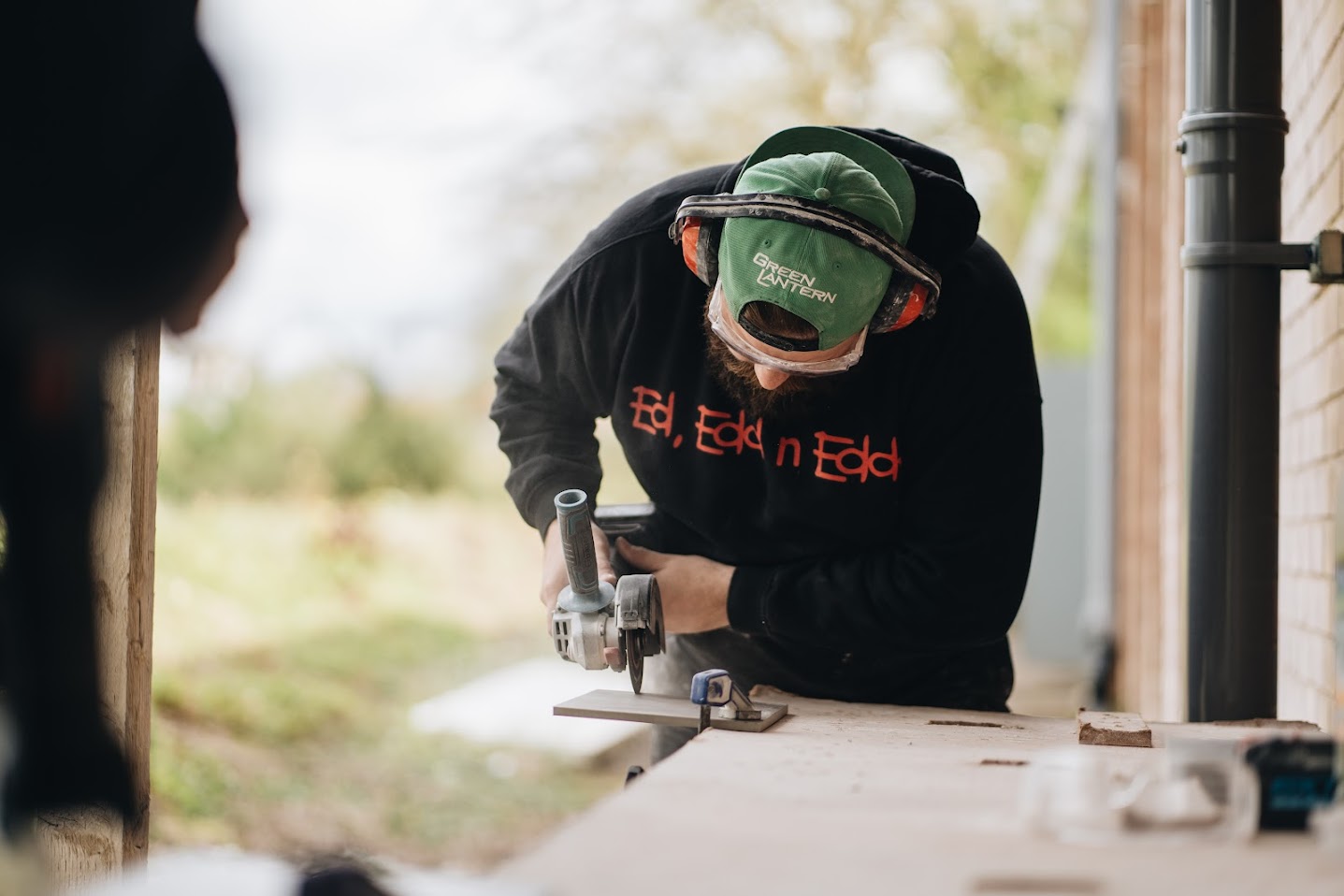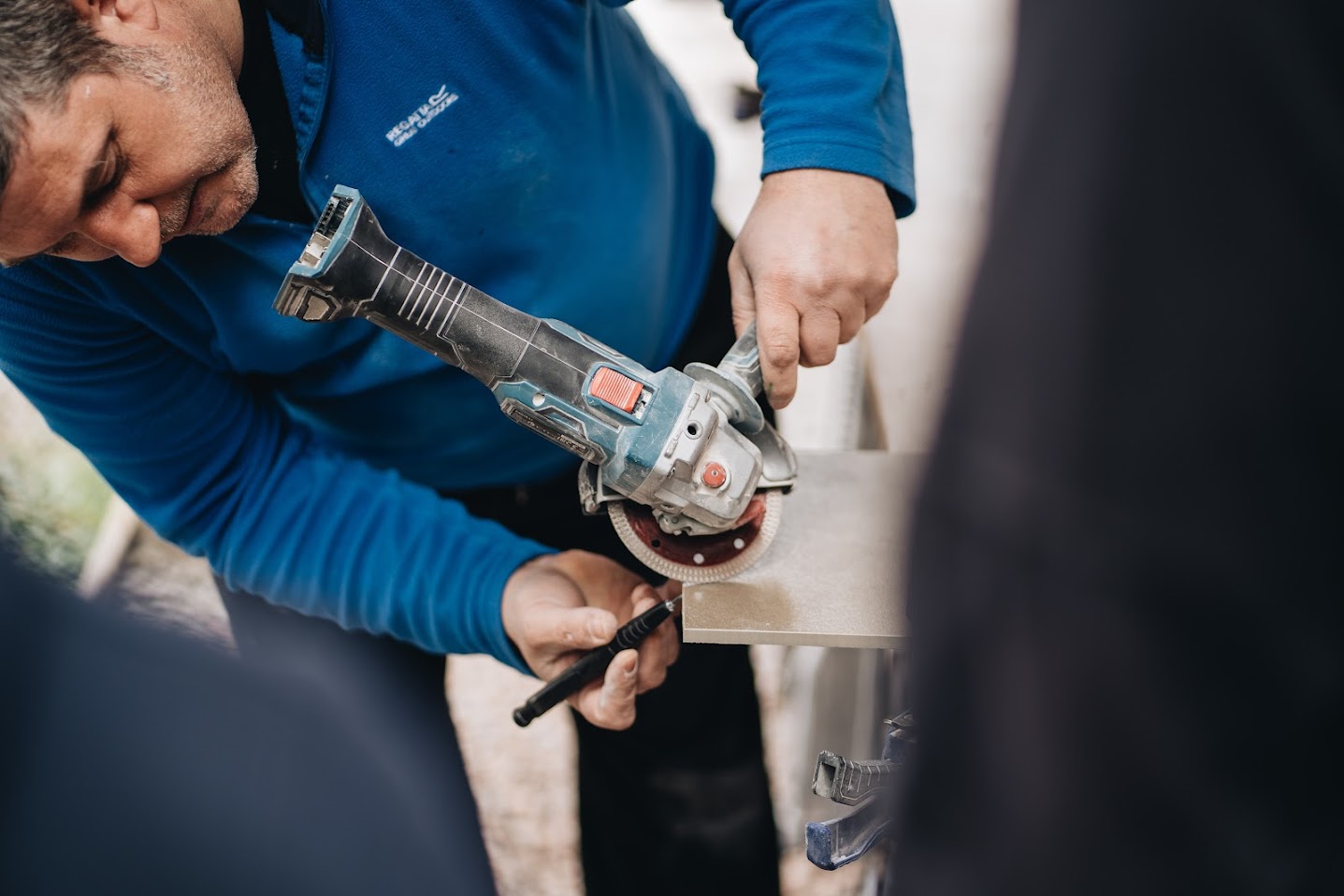Which tile adhesive should I use?

This is a common question, and one that needs to be given due thought and attention for each tiling job you take on. The type of adhesive required will depend on the type of tile you are using, and the substrate (wall or floor construction) you are fixing the tiles to. Ceramic tiles will often need a different adhesive to porcelain tiles, and vice versa. A concrete floor will be fine with one type of adhesive, but that adhesive wouldn’t be appropriate for a timber floor.
You may have seen the enormous range of different types of adhesive in the hardware or tile shop – it is easy to get confused by the vast choice. Thankfully, the overwhelming majority of the different adhesives you will find can be split in to just a few categories.
Ready Mix Adhesive
This stuff comes pre-mixed in a plastic tub and is fine for fixing small ceramic tiles to a wall – perhaps some 100x100mm ceramic tiles for a kitchen splashback. But that is about all it is useful for.
Standard Setting Cement Adhesive
This comes as a powder in a bag. It is available in different quantities, but most commonly comes as 20kg. This powder is mixed with water using an electric mixer to create the adhesive. This can be used for fitting any size ceramic tiles to a firm and non-moving wall or floor. Because it is standard setting, it allows a little more time for you to work with, before it starts to set.
Rapid Setting Cement Adhesive
The same as above, only it sets much quicker. This can be useful if you’re wanting to grout the job on the same day as fixing the tiles. Just be careful not to mix up more than you can use in 20-30 minutes.
Flexible Adhesive
This comes as a powder in a bag just like the cement adhesive, only it has a latex additive mixed into the powder to assist with flexibility and grip strength. This should be used for any porcelain or natural stone tiles as they require a different method of gripping due to their molecular structure. The flexible benefits of these adhesives make them suitable for any floor tiling where there is likely to be minor movement from expanding and contracting timber – where a timber floor has been over-boarded with cement boards for example. Flexible adhesive is also commonly available in the choice of standard or rapid setting.
On our intensive tiling courses we teach all of our students the differences between the many types of adhesive, along with which to use for every eventuality they are likely to come across.
Find the perfect course for you
Whether you're just getting started, or have a few years in the construction industry under your belt and are looking to up-skill yourself, we have a course for everyone.







